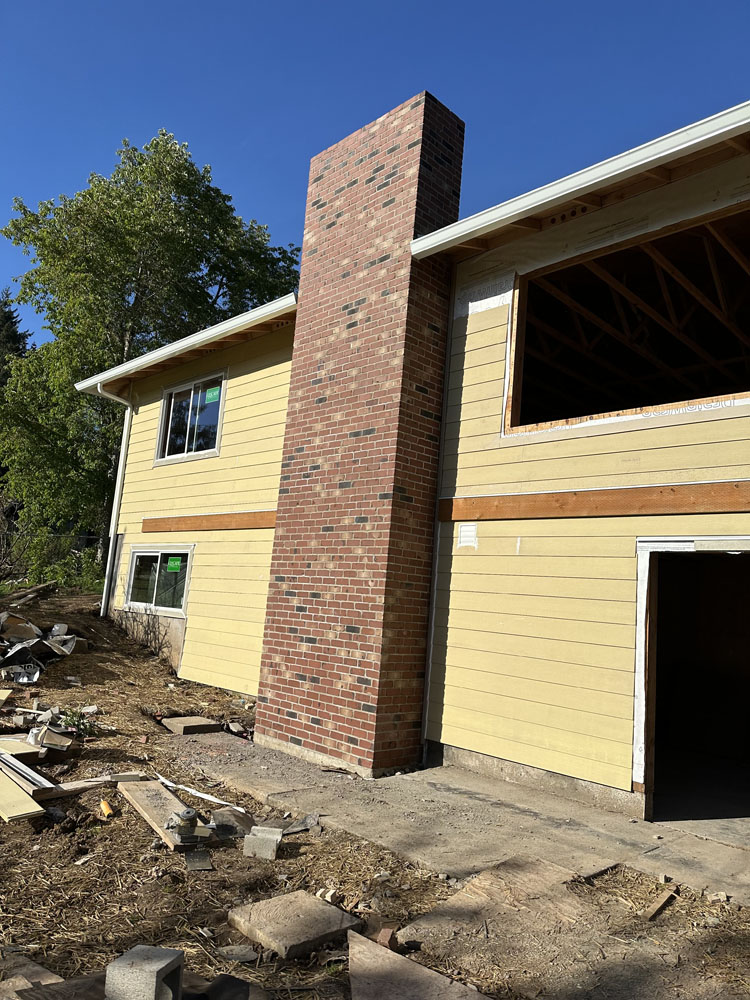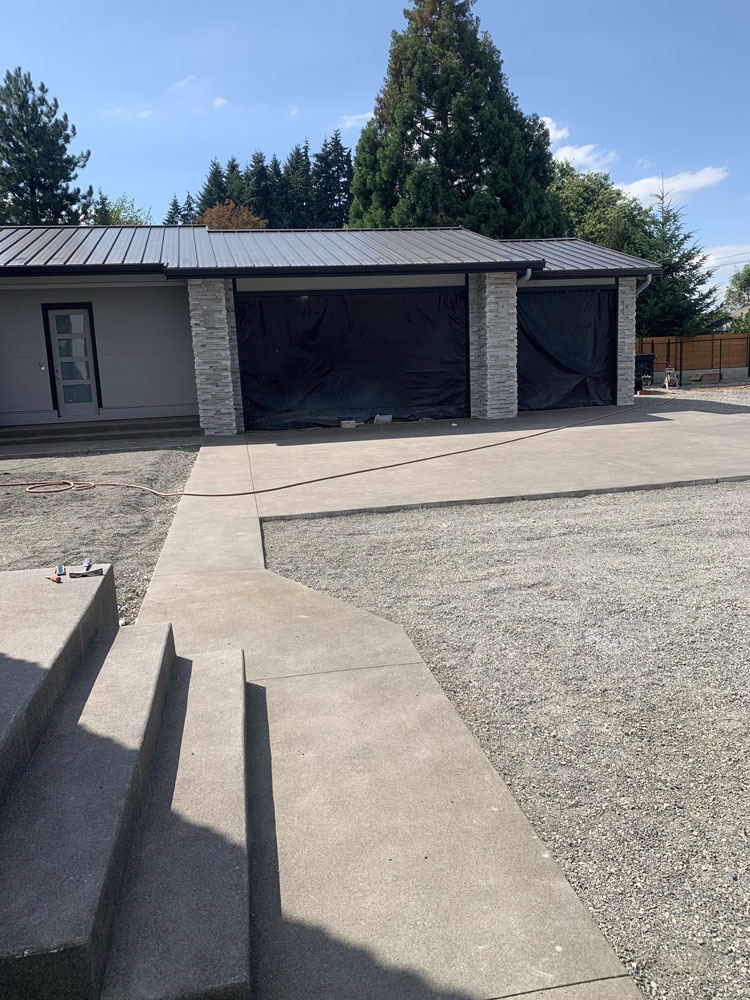Masonry projects, whether they involve a masonry walkway, a stone walkway, or a brick walkway, can significantly enhance the aesthetics and functionality of outdoor spaces. However, choosing the right grout is crucial to ensure durability and visual appeal. This comprehensive guide walks you through everything you need to know about selecting the best grout for your masonry endeavors.
Understanding Grout: What Is It?
Grout is a dense fluid that fills gaps and seals joints between tiles or stones. It plays an essential role in masonry work by providing structural support, preventing water infiltration, and enhancing the overall appearance of surfaces.
Types of Grout Used in Masonry
There are primarily three types of grout used in masonry projects:
Cementitious Grout: This is the most common type, made from Portland cement. It's suitable for most masonry applications. Epoxy Grout: This type offers superior strength and is resistant to stains and chemicals but can be more expensive. Furan Resin Grout: This is mainly used in industrial applications due to its resistance to harsh chemicals and high temperatures.Why Is Choosing the Right Grout Important?
Choosing the correct grout affects not only the durability but also the aesthetic appeal of your masonry project. The wrong choice can lead to issues like cracking, discoloration, or even structural failure.
A Guide to Choosing the Best Grout for Masonry Projects
When embarking on masonry projects such as walkways made of bricks or stones, selecting the right grout requires consideration of several factors including location, material compatibility, and purpose.
Consider Your Project Type
- Residential vs. Commercial: Residential projects may prioritize aesthetics while commercial projects focus on durability. Indoor vs. Outdoor: Outdoor projects are exposed to environmental factors which necessitate stronger materials.
Assess Environmental Conditions
Will your walkway be exposed to weather extremes? If so, consider weather-resistant options like epoxy grout that withstands moisture and temperature fluctuations effectively.
Evaluating Material Compatibility
Grout for Brick Walkways
Brick walkways require flexible grouts that can accommodate slight movements without cracking. Cementitious grouts often suffice, but consider using polymer-modified grout for added flexibility.
Grout for Stone Walkways
Stone features unique textures and sizes that call for specific grouting solutions. Epoxy grouts offer excellent adhesion properties suitable for uneven surfaces found in stone walkways.
Testing Strength and Durability
Compressive Strength Matters
The compressive strength indicates how much load a material can bear before failing. For heavy-duty applications like public pathways, look for grouts with high compressive strength ratings.
Water Resistance Properties
Especially important for outdoor settings like a masonry walkway, ensure your chosen grout has good water resistance to prevent erosion or damage over time.
Color Selection: Enhancing Aesthetics
Choosing a color that Masonry Contractor complements your masonry materials enhances overall visual appeal:

- Matching Colors: Select colors that match or closely resemble bricks or stones. Contrast Colors: Alternatively, choose contrasting colors to create visually striking effects.
Application Techniques Matter!
Mixing Your Grout Correctly
Follow manufacturer guidelines strictly while mixing grout to achieve optimal consistency—too thick or too thin can affect performance negatively.
Applying Grout Effectively
Use proper tools such as trowels or floaters for application. Ensure even distribution into all joints; this guarantees better adhesion and reduces chances of cracking later on.

Maintenance Tips for Longevity
Regular Cleaning Practices
Keep your masonry walkway looking fresh by employing regular cleaning methods using gentle detergents rather than harsh chemicals that could damage the grout over time.
Sealing Your Grout Work
Applying a sealant post-installation helps protect against stains and moisture infiltration while prolonging life expectancy significantly!
Cost Considerations When Choosing Grout
While it might be tempting to go with the cheapest option available, remember that quality often equates to longevity. Here’s what you should consider:
| Type of Grout | Average Cost per Bag | Lifespan | Ideal Use | |---------------------|----------------------|-------------------|--------------------------------------------------| | Cementitious | $10 - $30 | 5 - 10 years | General use | | Epoxy | $40 - $100 | 20+ years | High-stress areas | | Furan Resin | $50 - $150 | 15+ years | Industrial applications |
FAQs About Choosing Grout
1. What type of grout is best for outdoor brick walkways?
For outdoor brick walkways, polymer-modified cementitious grout is often recommended due to its flexibility and water resistance properties.
2. Can I use epoxy grout on my stone walkway?
Yes! Epoxy grout is ideal for stone walkways because it adheres well even on uneven surfaces while offering excellent stain resistance.
3. How long does it take for grout to cure?
Typically, most grouts take about 24-48 hours to cure adequately; however, it's best always to follow specific manufacturer instructions provided with your product.
4. Is sealing necessary after applying grout?
Yes! Sealing helps improve durability against moisture penetration and staining while enhancing aesthetics over time!
5. How do I clean stained grout?
For stained grout lines, gently scrub with warm soapy water using soft brushes; if needed apply vinegar solution—avoid harsh chemicals which could cause deterioration!
6. What’s more important—color or strength when choosing grout?
Both factors are essential! While color enhances aesthetics significantly strength ensures longevity—ideally find balance ensuring both aspects fit project needs efficiently!
Conclusion
Choosing the right type of grout is paramount when embarking on any masonry project—be it a simple brick walkway or an elaborate stone structure! By understanding various options available along with their respective attributes regarding environmental resilience aesthetic compatibility you will surely make informed decisions leading towards successful outcomes!
In essence this guide serves as invaluable resource aiding all those eager transform their outdoor spaces into stunning showcases using appropriate materials tailored precisely fitting individual needs!